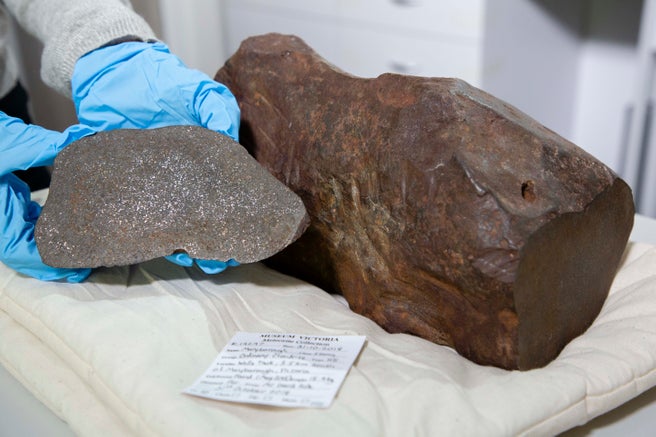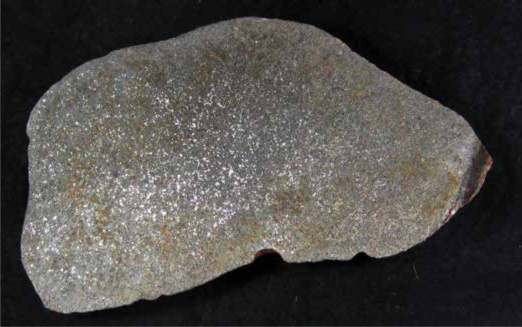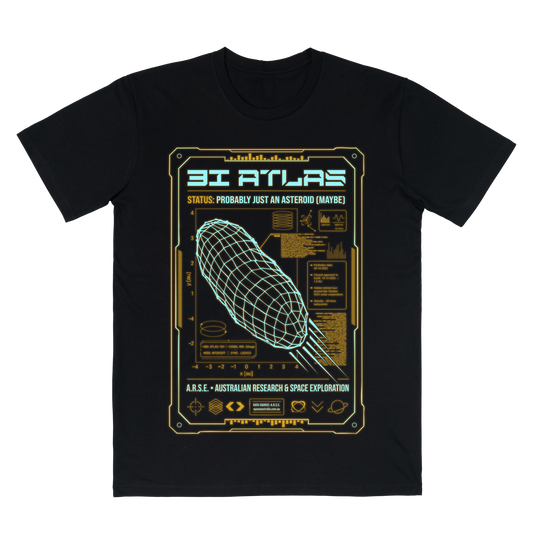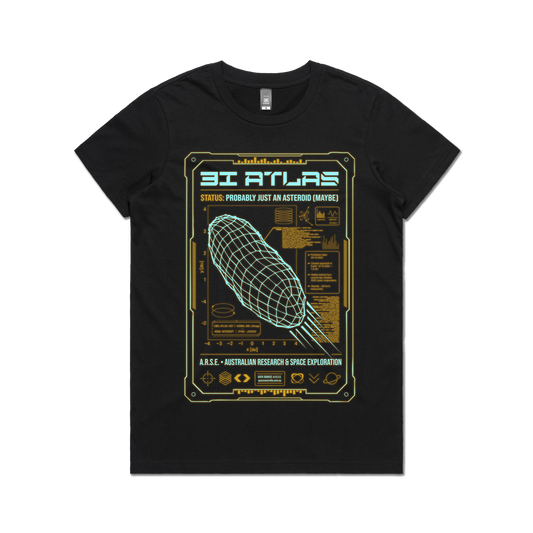
Aussie Keeps 'Gold' Nugget For Years. It Turned Out to Be Far More Valuable.
Share
In 2015, David Hole, equipped with a metal detector, explored Maryborough Regional Park near Melbourne, Australia. His discovery: a dense, reddish rock nestled in yellow clay.
Thinking it harboured a gold nugget, Hole attempted various methods to crack it open, from rock saws to acid baths. Unyielding to all efforts, the 'rock' turned out to be a rare meteorite, later identified at the Melbourne Museum.
Melbourne Museum geologist Dermot Henry described its distinctive appearance as a result of atmospheric sculpting during entry. Only two out of thousands examined at the museum in 37 years proved authentic meteorites, and the Maryborough specimen was one of them.
Weighing 17 kilograms (37.5 pounds), the Maryborough meteorite, named after its discovery town, revealed a high iron content, classifying it as an H5 ordinary chondrite. Cutting a small slice exposed crystallized metallic droplets called chondrules.

The Maryborough meteorite, with a slab cut from the mass. (Melbourne Museum)
Henry highlighted the significance of meteorites in providing insights into the Solar System's age, formation, and chemistry. Some carry stardust predating our Solar System, offering glimpses into star evolution and the creation of periodic table elements. Certain meteorites even contain organic molecules like amino acids, the building blocks of life.
While the meteorite's origin and duration on Earth remain uncertain, researchers speculate it likely originated from the asteroid belt between Mars and Jupiter. Carbon dating estimates its Earth residence between 100 and 1,000 years, coinciding with meteor sightings from 1889 to 1951.

A slab cut from the Maryborough meteorite. (Birch et al., PRSV, 2019)
The rarity of the Maryborough meteorite surpasses that of gold, being only the 17th recorded in Victoria, Australia. Its 4.6-billion-year age and status as the second-largest chondritic mass in the state add scientific value.
This discovery echoes a trend where meteorites, like the Maryborough specimen, take years to reach museums, unveiling the cosmos' secrets. So, before dismissing that heavy rock in your backyard, consider the possibility of holding a metaphorical gold mine, or in this case, a celestial treasure.
You’ve come this far…
Why not venture a little further into A.S.S. - our exclusive Australian Space Society.
And keep thrusting Australia into the deep unknown…
#Space_Aus




